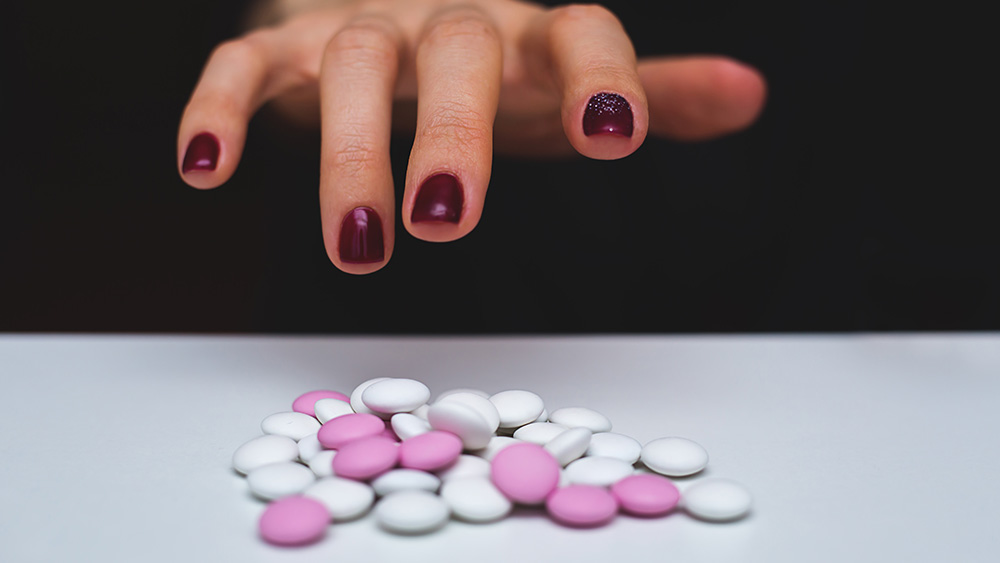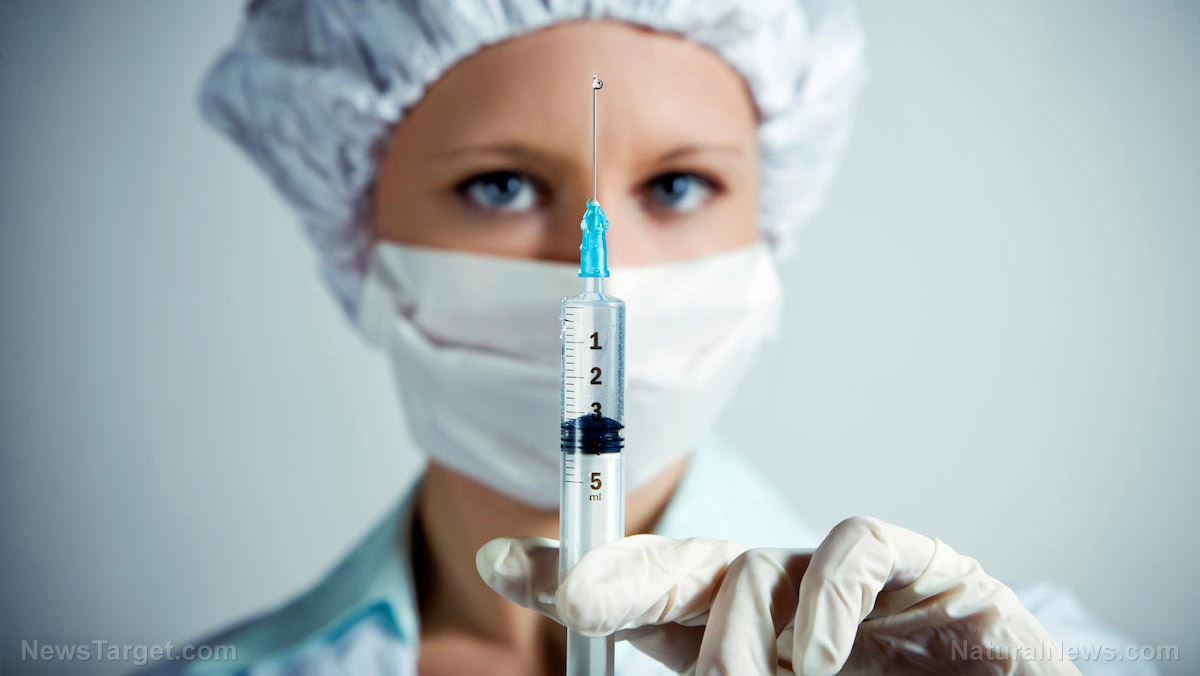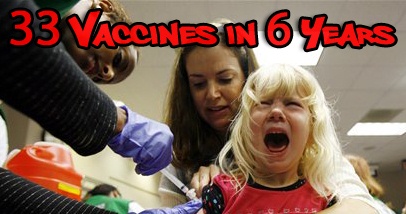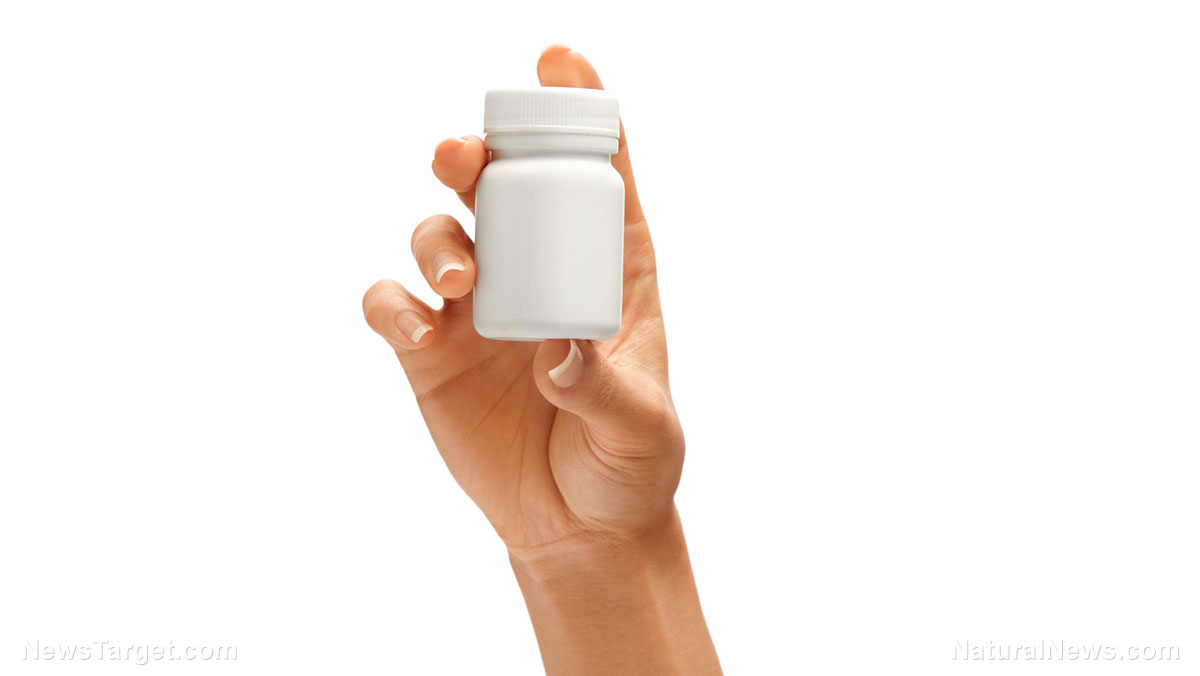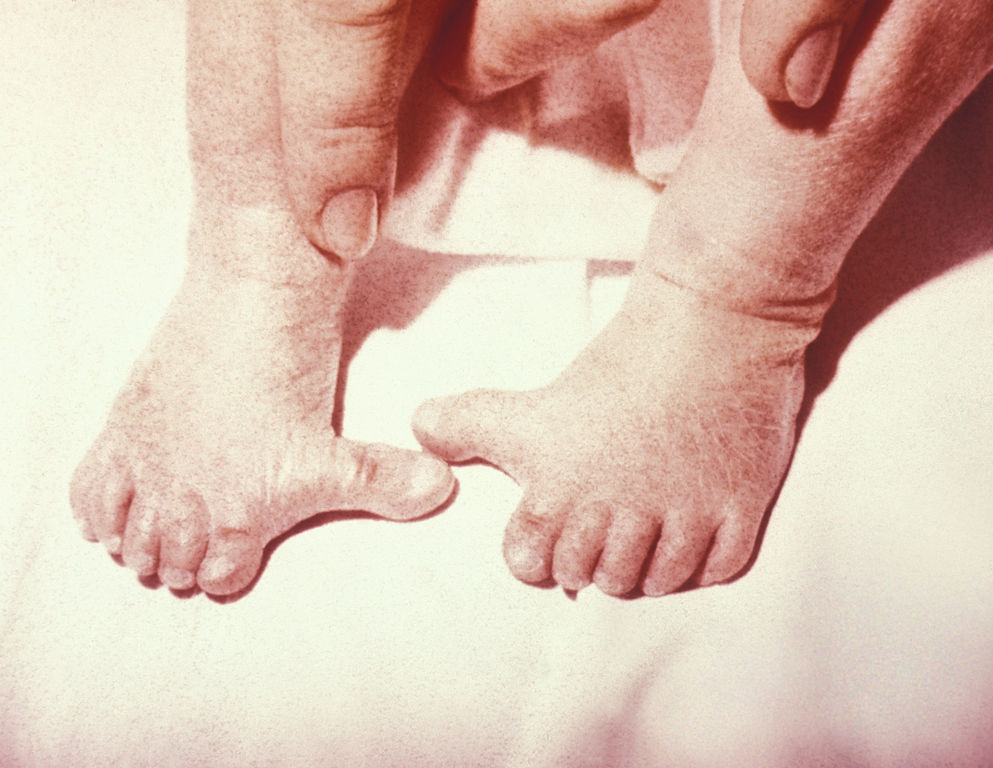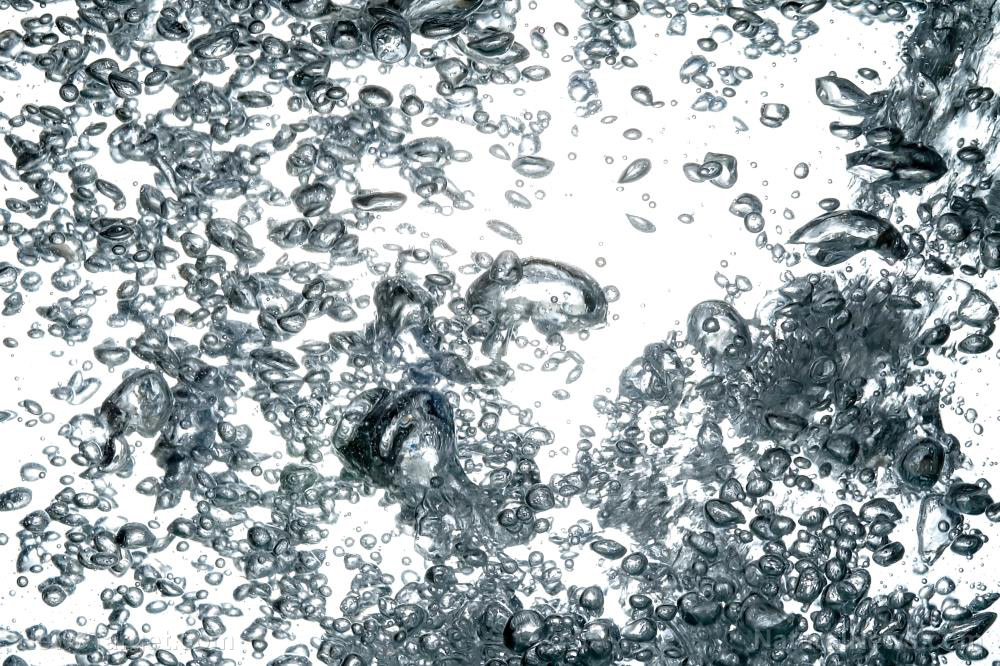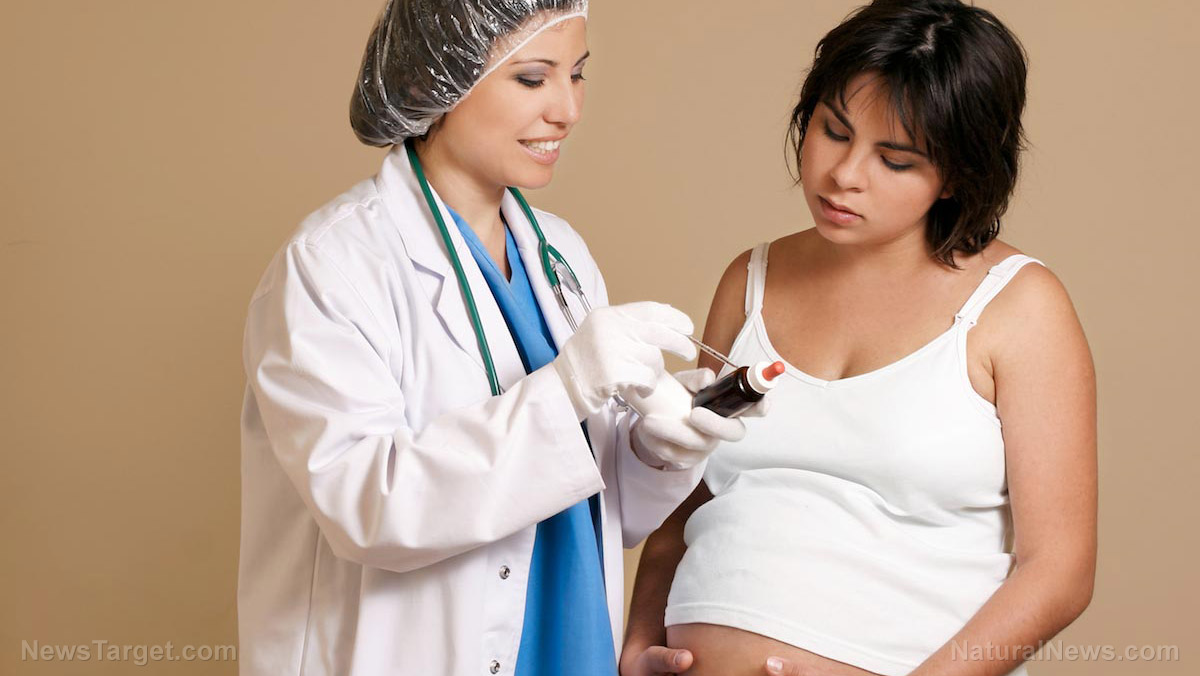Cervical cancer is killing African American women at twice the previously reported rate in spite of the HPV vaccine
02/26/2017 / By David Gutierrez
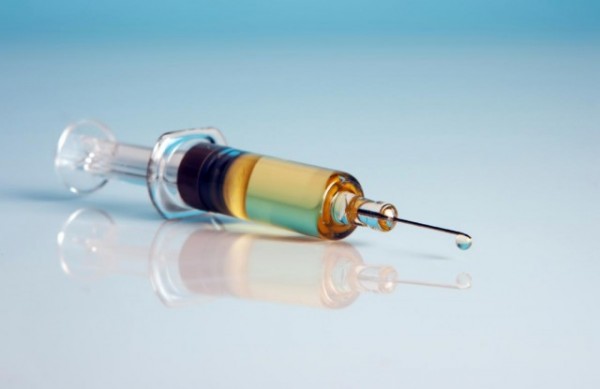
Recent studies supposedly proving the effectiveness of the HPV vaccine manipulated data to make the cervical cancer death rate among black women look much lower than it actually is, according to a study recently published in the journal Cancer.
Vaccine supporters had pointed to the studies as evidence that cervical cancer rates have been falling due to vaccination against HPV (human papillomavirus), several strains of which have been linked to cervical cancer development. But the death rate of black women from cervical cancer is actually twice as high as was reported by the studies, the new analysis found.
Prior research has also shown that the commercially available HPV vaccines may not protect against the virus strains most likely to infect black women.
Screening is still key
The researchers re-analyzed mortality data for the years 2000–2012 from the National Center for Health Statistics (NCHS), using a new method to calculate death rates from cervical cancer per 100,000 people. They found that previous reports had included women who had undergone complete hysterectomies that included removal of the cervix, and thus had literally no risk of developing cervical cancer.
When the researchers removed these women from the sample, the cervical cancer death rate among white women jumped from 3.2 per 100,000 to 4.7, a nearly 50 percent increase. Among black women, the jump was even more striking, from 5.7 per 100,000 to 10.1 (a 77 percent increase).
The researchers said that the racial difference in death rates is possibly due to differences in access to high-quality cervical cancer screening and care.
“The highest rates are seen in the oldest black women, and public health efforts should focus on appropriate screening and adequate treatment in this population,” they wrote.
Despite the messages promoted by the vaccine industry, regular pap smear screening is the most effective way to prevent death from cervical cancer. Cervical cancer is very slow growing, and when detected early by a pap smear, is almost never fatal.
In fact, because the HPV vaccine does not protect against all cancer-causing strains of HPV, because it has no effect on women who are already infected, and because no vaccine is 100 percent effective, vaccinated women still need to be screened just as frequently as unvaccinated women. This makes the vaccine practically useless from a health perspective in countries with good screening access.
In fact, public health experts have raised concerns that drug company messaging may mislead vaccinated women into skipping recommended pap smears, and thus actually increase their risk of dying from cervical cancer.
Risks of vaccine often outweigh benefits
According to Diane Harper, a researcher who helped develop the HPV vaccine, the shot’s risks actually outweigh its benefits for women in wealthy countries.
All three HPV vaccines (Cervarix, Gardasil and Gardasil 9) have been linked with serious side effects, including sudden unconsciousness, seizures, Guillain-Barré syndrome, facial paralysis, blood clots, rheumatoid arthritis, lupus, multiple sclerosis, ovarian failure, premature menopause and stroke.
And a 2015 study in the Danish Medical Journal found that a small subset of women receiving the HPV vaccine went on to develop a cluster of neurological, autoimmune symptoms not consistent with any known disease, but falling into a specific pattern. Symptoms of this hypothetical autoimmune nervous syndrome include excessive fatigue; balance difficulties upon standing; severe non-migraine headaches; gastrointestinal disturbance; and cognitive dysfunction.
Harper has also expressed concern that the HPV vaccine is being given to girls as young as 9, when there is no evidence that it is safe or effective in girls younger than 15. She also warns that it is unknown how long protection from the vaccine lasts, so girls vaccinated too young may lose their immunity before they even become sexually active.
More than 90 percent of HPV infections are cleared out by the immune system within two years.
Sources for this article include:
Tagged Under: cervical cancer, HPV vaccine, priority


